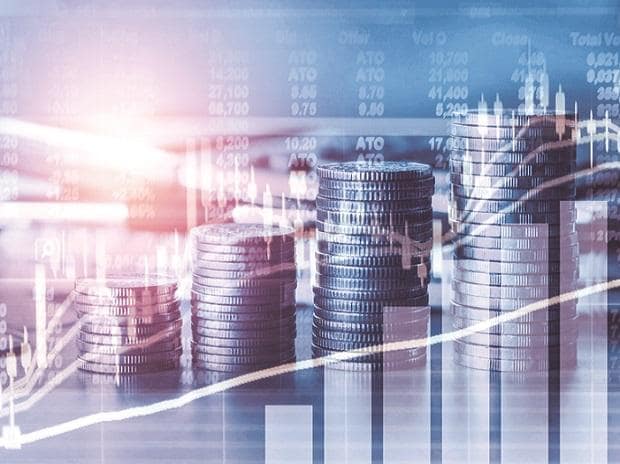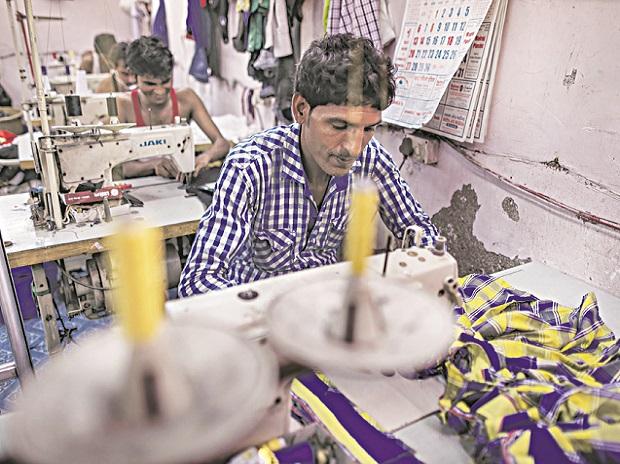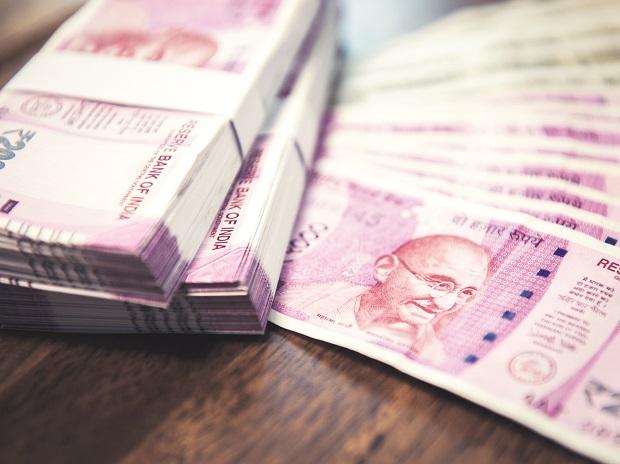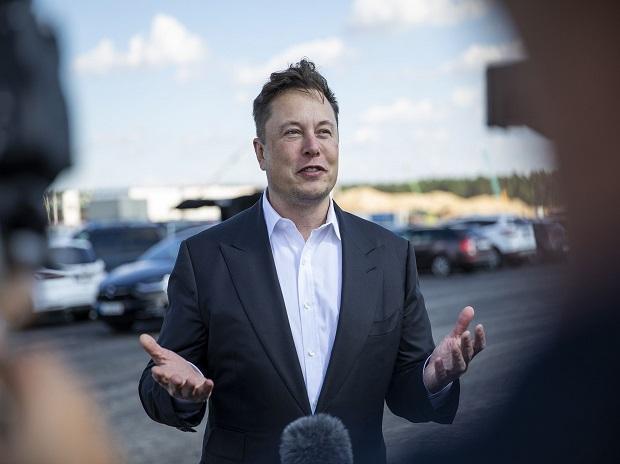The jump in market capitalization in the past year is not matched by its financial performance
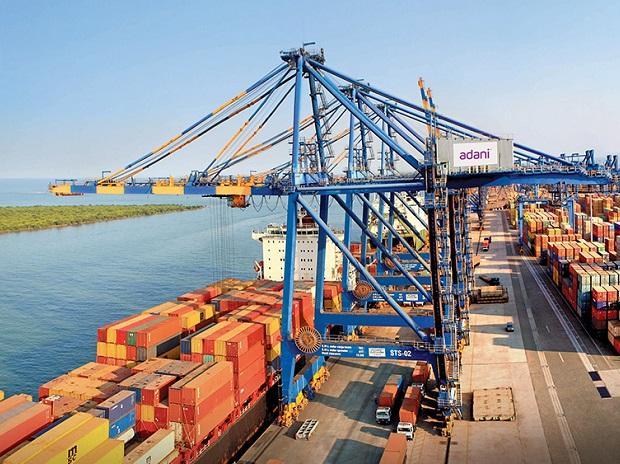
The past 12 months have been of the rise of the Adani group. Once a medium-sized group based out of Ahmedabad, Adani’s companies now have the third-biggest market capitalization among family-owned businesses in India after Tatas and Reliance Industries. This has made the group owners and promoters — the Gautam Adani family — the second wealthiest in business in India, ahead of older and well-established industrial families.
Most of the gains to the group accrued in the past year. The combined market capitalization of six Adani group companies is up nearly 455 per cent since the end of March 2020 against an 80 per cent rise in the combined market capitalization of the country’s top 1,000 listed firms. The Adani group companies now have a combined market capitalization of around Rs 7.3 trillion, up from Rs 1.31 trillion at the end of March 20.
The group accounted for 7.3 per cent of the incremental rise in the market capitalization of all companies in the past year even though it had 1.2 per cent share in the overall market cap at the end of March last year. All six Adani group companies outperformed the broader market in the last 12 months. This makes Adani the most successful business group in the country, at least in terms of stock market performance.
The group companies now lead the market capitalization league table in sectors such as ports, power generation, gas distribution and transmission, and power transmission and distribution, ahead of incumbents in both public and private sector.







